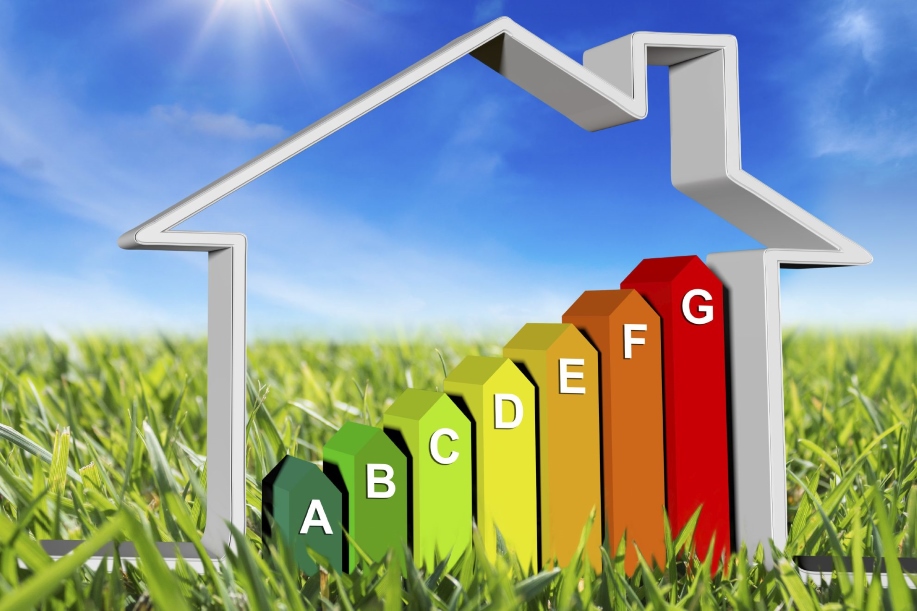Energy saving and improving domestic efficiency is one of the problems that most affect Italian families who own a home and who try to reduce their energy consumption costs (gas, diesel and electricity).

There are several ways to reduce household energy costs and maybe spend this money in alternative and perhaps more fruitful ways.
However, these modes and tools depend on a number of factors including people’s lifestyle, the geographical location of the home, its size and the degree of efficiency that already exists.
Saving on the energy consumption costs of your home is possible and this is not only achievable by doing something extraordinary, but also by taking those small measures that will make you consume less energy and getting a lower bill at the end of the month. We may not realise this, but the simplest solution is often the most convenient and capable to give the best results.
Many energy service providers offer advice on how to reduce energy consumption and save some money. But what are the possible tricks? Let’s see some suggestions…
1. Be familiar with your own energy costs
To better understand how to improve the energy efficiency of your home, it would a good idea to know your expenses and whether there is a real possibility of saving on energy consumption costs. For this purpose, energy service providers recommend you to:
- collect your last year’s bills and add them up, dividing the sum by the square metres of your home. It will help you understand the energy expenditure per square metre, which on average is around 20 euro/sqm. Clearly, if your spending is higher, it will be advisable to take the appropriate measures to reduce it, while if your spending is lower you may want to consider your home as already sufficiently efficient;
- measure the thickness of the thermal insulation of your home, taking into account both, the insulation of the roof and of the walls, as well as any possible heat dispersion sources. This will help you to understand whether your home is filled with more air than what you want or whether you have sufficient heat insulation to consider your home energy efficient;
- finally, to be always aware and updated on the energy costs of your home. Experts in the field recommend asking for constant assistance and controls regarding energy efficiency. In fact, many companies provide these services at discounted and very convenient prices, but also give advice on the interventions to be made to get less expensive bills.
Once you have received advice on how to improve energy consumption in your home, you are ready to draw up a plan of action that you can take both in the short and medium-long term.
2. Improving energy efficiency with measures that cost very little
To reduce the energy consumption of your home you can make some interventions that do not only represent an additional costs but may offer you greater benefits in the medium-long term.
- A first suggestion is to set the thermostat of the water heater from 35 to 40°C since this involves less heat and energy.
- Another thing you could do without any additional cost is to repair the flushes and taps that leak water and cause 6% of water consumption. For a lower light bill, industry experts recommend you to use LED bulbs rather than conventional bulbs that consume more energy.
- Another advice is not to leave the light on when you leave a room, because this leads to unnecessary energy consumption and, consequently, a greater waste of money.
- Even leaving your appliances on standby costs you much more than what you think. This means that by turning off your TV, computer, stereo and other devices you can save up to 10% more on electricity.
- Finally, it is recommended to clean the fridge radiators at least once a year and to use saving programmes for both washing machines and dishwashers.
3. Initially costly interventions that can be recovered in the medium-long term
Less energy consumption is a key step in reducing money wastage. However, to pursue this objective there are some interventions which, even if they offer considerable advantages in the medium-long term, may require a more or less important investment in the immediate future.
The interventions that are most recommended by the experts in the field are:
- Installing a photovoltaic system, which uses solar energy to produce electricity and which will guarantee a recovery of costs within a year;
- Purchasing energy-efficient appliances, which, although more expensive than traditional ones, will participate to get you a lower bill from their first use. Energy experts always suggest to install energy-saving light bulbs on the outside of the house to save more energy;
- Insulating hot and cold water pipes with a heat-insulating band;
- Installing insulating shields in front of windows or the application of special films on the glass to help to adjust the solar supply;
- Improving the thermal insulation of the walls of the house.
- Finally, one of the most recommended interventions by electrical installers concerns the installation of a timer able to regulate the switching on or off of lamps located outside of the home.
At this point, all you need to do is to make the most appropriate choice to try to improve the energy efficiency of your home.
